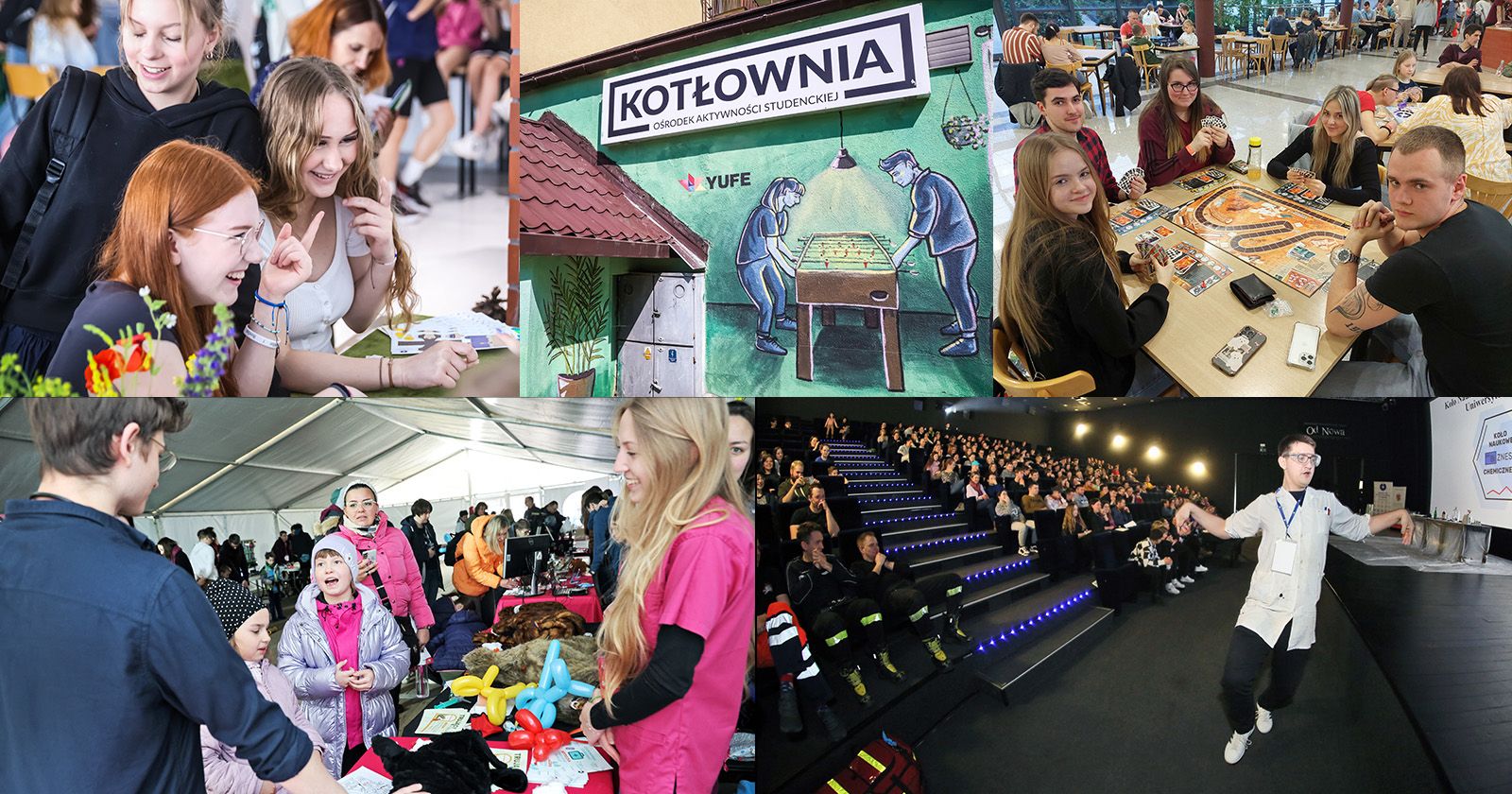 Campus life
Campus life
A highly community-engaged university
62 practices, including events promoting science, sport and health, were reported in a community engagement survey at Nicolaus Copernicus University in Toruń. This made it possible, among other things, to assess institutional support for this type of activity and to develop recommendations.
62 practices, including events promoting science, sport and health, were reported in a community engagement survey at Nicolaus Copernicus University in Toruń. This made it possible, among other things, to assess institutional support for this type of activity and to develop recommendations.
The aim of the survey conducted as part of the YUFE project was to identify and analyse the activities carried out at Nicolaus Copernicus University in Toruń in collaboration with or for the benefit of the local community. It was also important to assess their range, form and type and to increase their visibility. The survey team also looked at the degree to which they are linked to the university's strategic objectives, and the level of institutional support. In addition, it has come up with recommendations that will help our university continue developing its work in engaging with the community.
The TEFCE Toolbox, developed, among others, by the University of Rijeka, one of YUFE's partner universities, was used for the mapping and analysing process.
The TEFCE Toolbox enables universities to map and improve their community engagement practices, allowing them to identify areas for improvement and to reflect on their achievements in this area – says Joanna Cywińska-Raczkowska from the Centre for Academic Entrepreneurship and Technology Transfer, a member of the team carrying out the survey at NCU and the author of the just-published report.
The survey was addressed to the entire NCU community. Staff members and students were asked to indicate the activities they undertake that have an impact on society, e.g. scientific research related to the local community and environment, events promoting science, culture, sport, health, cooperation with the social and business environment in the fields of studies creation and development, community-oriented activities for students (e.g. volunteering, internships in local institutions), and other initiatives for residents of the city and region.
62 practices were reported. – We would like to thank everyone who participated in the survey and reported their activities – says Magdalena Stremplewska from the Department of International Partnerships and Educational Mobility, who coordinated the mapping process. – It is worth noting that these do not exhaust the actual stock of activities undertaken by the university community in collaboration with the social environment. The data collected provided a basis for analysing and better understanding the reported NCU community engagement practices and identifying areas for further action and improvement.
Most of the reported activities are educational and knowledge transfer activities such as workshops, courses and open lectures. Most activities are related to culture, arts, ecology, environment, health promotion, equality measures, history, and heritage.
To what extent do the university, colleagues and community partners support and appreciate the activities? - this was also asked in the survey. Conclusions?
NCU highly supports the reported practices, but there is room for improvement regarding funding, administrative support and recognition in the career pathway. Strong support from colleagues, management and external partners indicates the high value and need to develop these initiatives further – says Magdalena Stremplewska.
The analysis of the reported practices using the TEFCE tools also made it possible to assess the authenticity of the engagement, the degree to which social needs are met and the sustainability of the activities.
On this basis, recommendations were developed, indicating the need to:
- encourage employees to become more involved in community initiatives by offering training, support and recognition for their contributions;
- promote and support student community initiatives;
- carry out consultations with local communities to better identify needs and challenges;
- create platforms and events that enable greater interaction between the university and the local community;
- promote community engagement across all departments and units of the university through awareness campaigns and support programmes;
- develop a community engagement strategy with sustainability and long-term goals in mind;
- ensure that community initiatives are adequately resourced and financially supported to increase their sustainability and effectiveness.
According to the TEFCE methodology, the process of mapping the university's community engagement should be repeated within five years.
Mapping and analysing cooperation schemes between YUFE partner universities and the local communities is one of the tasks in the YUFE 2030 project. Similar surveys will be carried out at all YUFE universities by the end of 2026, providing an opportunity for international networking of initiatives at partner universities. Want to know more about NCU's community engagement within YUFE? Check out: https://www.umk.pl/en/yufe/civic/
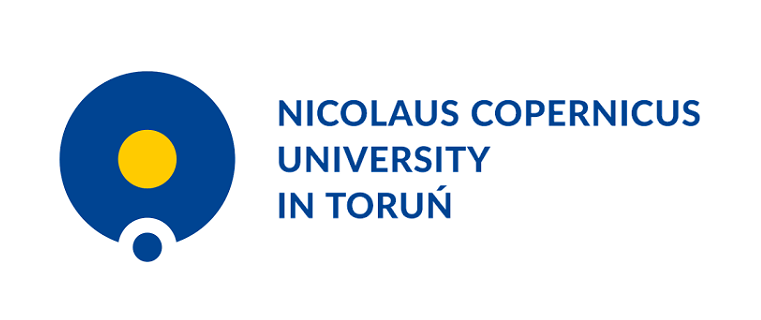 NCU News
NCU News







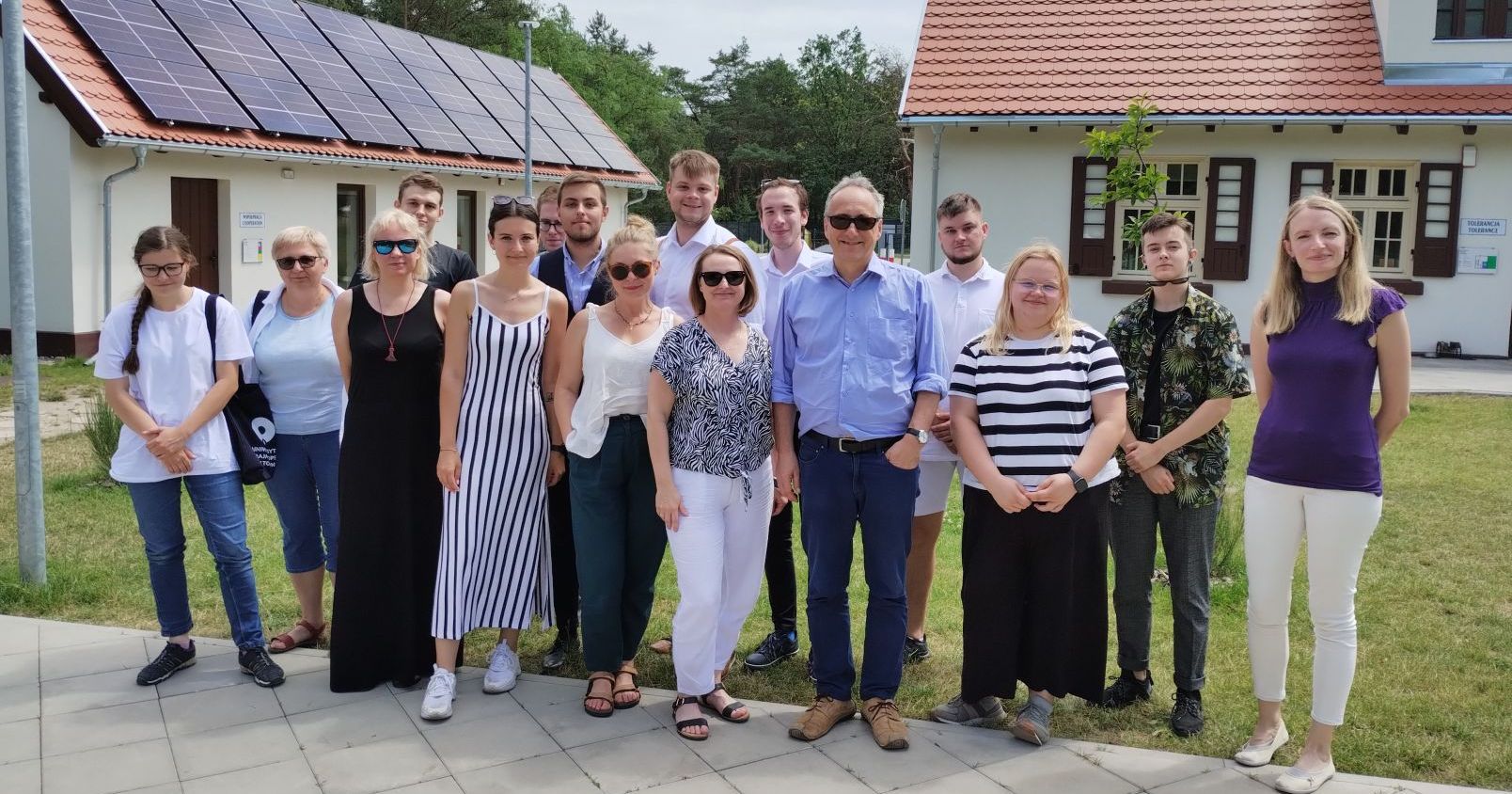 Campus life
Campus life
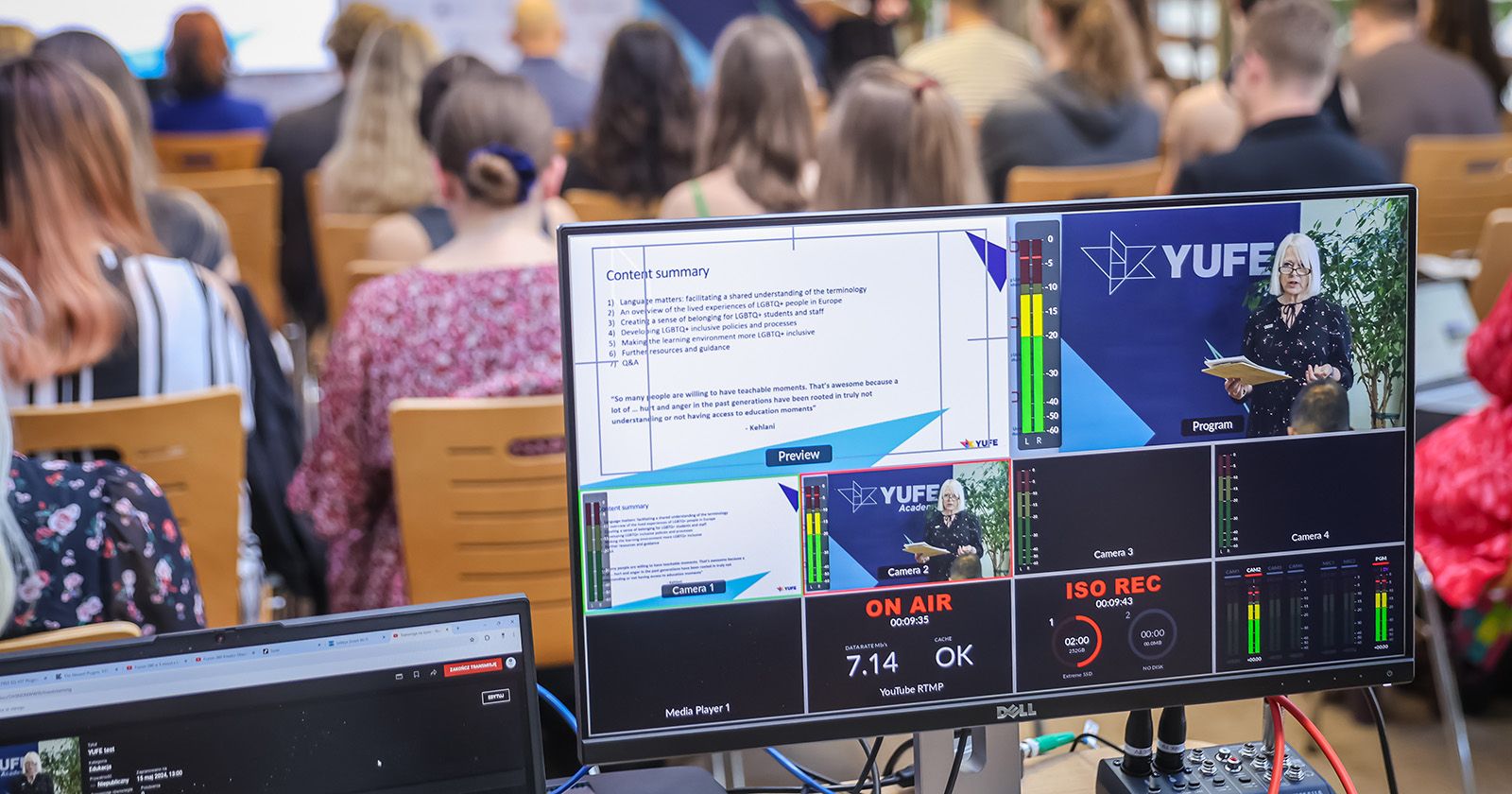 Campus life
Campus life
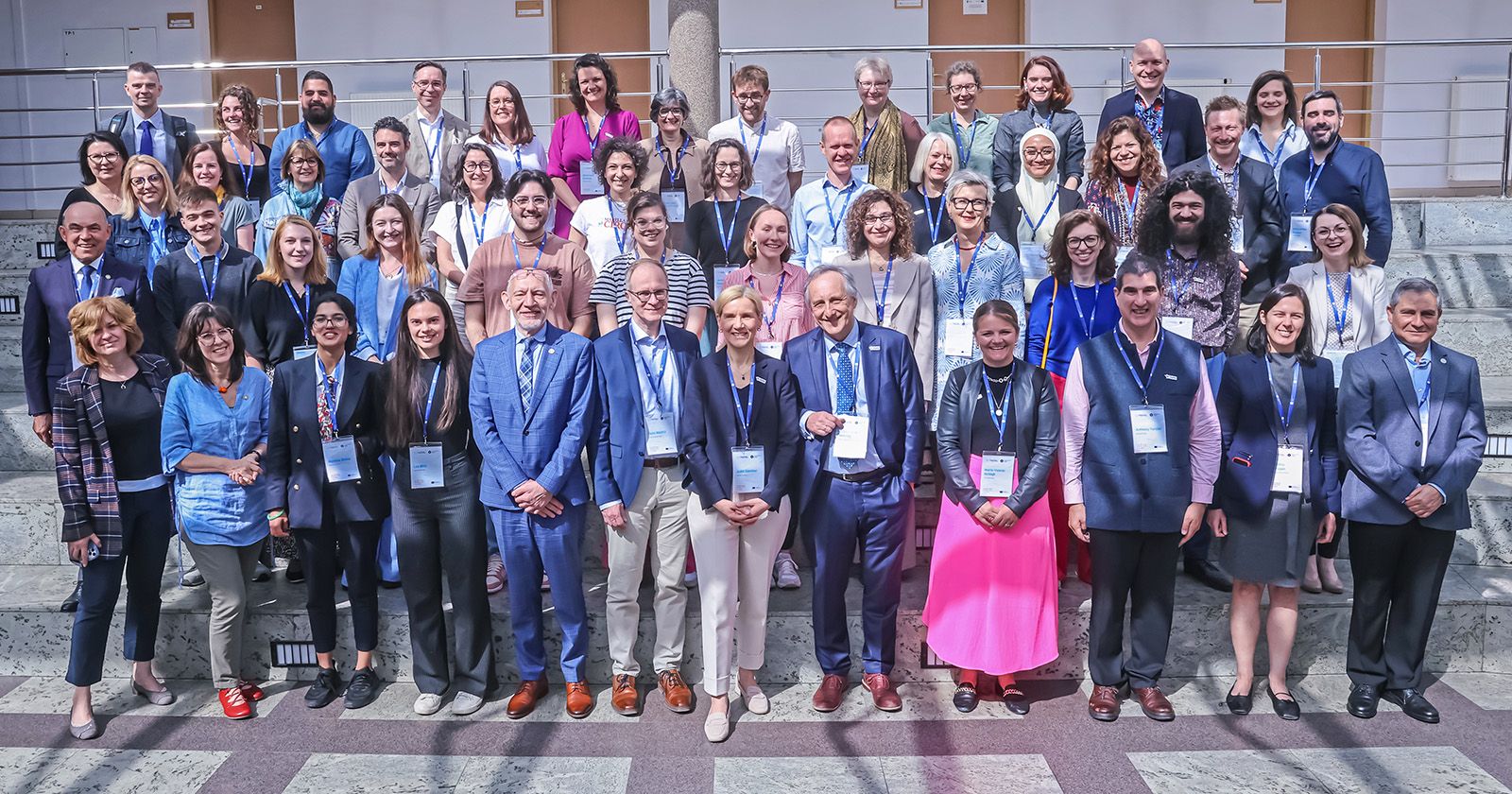 Campus life
Campus life

 Campus life
Campus life
